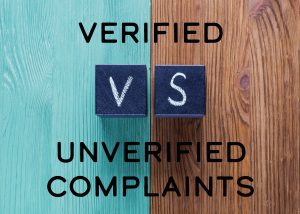 Cryptocurrency has become a critical issue for many California business owners. These new forms of currency can be convenient, but they can also create legal obligations for the businesses that use them. It is important for all business owners to understand the legal implications of cryptocurrency offerings before engaging in any transactions. Some cryptocurrency transactions can fall under the SEC requirements, and business owners can face liability for failing to register their offerings or meeting other legal requirements.
Cryptocurrency has become a critical issue for many California business owners. These new forms of currency can be convenient, but they can also create legal obligations for the businesses that use them. It is important for all business owners to understand the legal implications of cryptocurrency offerings before engaging in any transactions. Some cryptocurrency transactions can fall under the SEC requirements, and business owners can face liability for failing to register their offerings or meeting other legal requirements.
Security Versus Utility
Cryptocurrency can be either a security or a utility, depending on how it is being used. A security is a fungible and negotiable financial instrument with some type of monetary value. When discussing securities, many investors immediately consider stock certificates. This is a classic example of a traditional security. They are not, however, the only item that can be used as a security. Cryptocurrency can also be used as a fungible, negotiable financial instrument, and often these instruments hold significant monetary value.
 Business Lawyers Blog
Business Lawyers Blog











